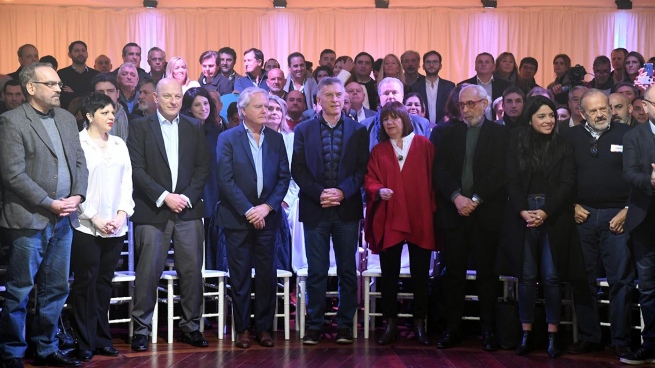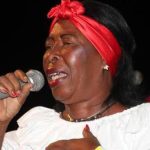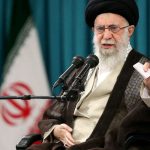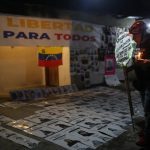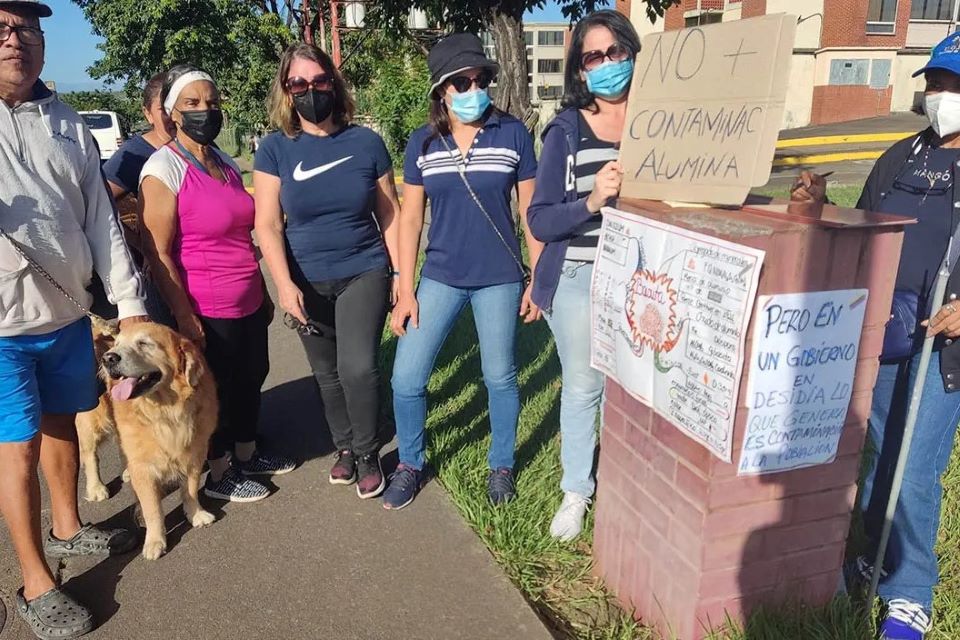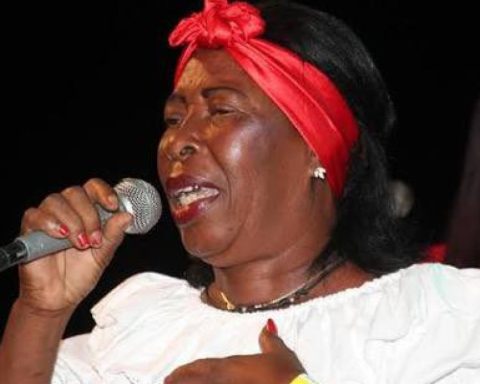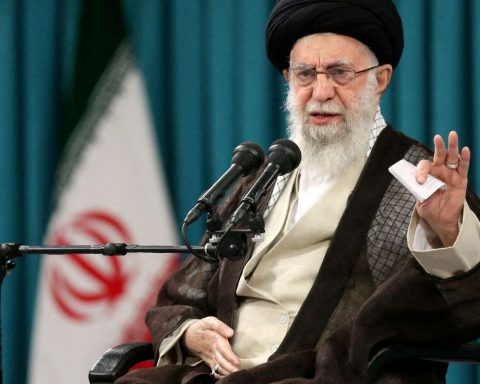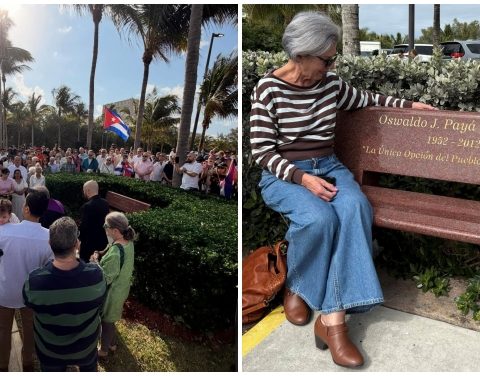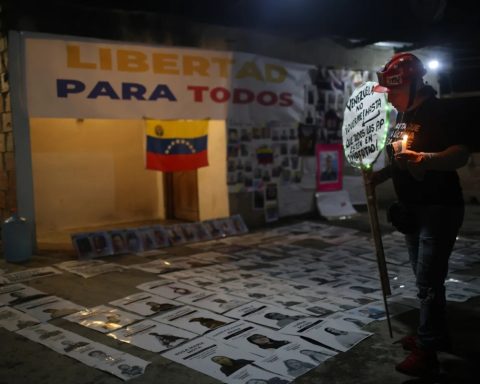After the attack against Vice President Cristina Fernández de Kirchner, the opposition for now ignores the call for dialogue made by the national government, and demands that all members of Together for Change (JxC) be summoned through institutional channels.
After the attempted assassination of the Vice President, on the night of September 1, the main leaders of the opposition coalition repudiated the act, with the exception of the head of the PRO, Patricia Bullrich who deplored the declaration of a holiday on social networks for the following day by President Alberto Fernández.
But in the hours after the event, several of the JxC referents began to differentiate themselves from the national government and its vocation to condemn hate speech against the figure of the former president.
The PRO bloc condemned the attack in the Chamber of Deputies in a session that took place last Saturday, but got up from the recitation when the debate began and presentations by legislators.
Macri, who has not yet defined whether he will be a candidate in 2023, wants to at least define the character that an eventual opposition government will have, with a scheme of economic reforms from day one and with no intention of promoting a “coalition government”, as promoted the most dialogist sectors of the coalition
Something similar happened in the session convened by the Senate last Thursday, when in the Upper House, the opposition directly he was absent from the chamber to repudiate the assassination attempt.
In this context, the Minister of the Interior, Eduardo “Wado” De Pedro began to sound out various opposition leaders regarding the possibility of establishing a political dialogue between the ruling party and Together for Change (JxC).
As Télam was able to recreate, De Pedro communicated with at least two opposition referents: the radicals Gerardo Morales and Facundo Manes, the two presidential candidates of the centenary party heading to 2023.
In that talk they talked about this call from the Government to establish a dialogue table and about the mass this weekend in Luján.
Morales told the head of the Interior that this dialogue must be pursued through institutional channels and that it must include all Together for Change (JxC).
The radical also explained that he does not participate in the religious celebration in Luján because the Church did not call him and because, in addition, he considers that he has a partisan nature very close to the Front of All (FdT).
informal dialogues are held daily on how to react after the attack on the Vice President
Manes, in his dialogue with De Pedro, offered arguments similar to those of Morales, and also excused himself from participating in the mass because he is making a tour of Patagonia these days.
Within JxC they also recognize that there are hard sectors that will never sit down at a table with the Government, regardless of the conditions, and they cite the national deputy as an example Francisco Sánchez, who proposed to establish the death penalty for the Vice President.
Given the commotion caused, the legislator reversed his statements and clarified that although he believes that crimes of corruption should be considered treason against the country, he would not promote the death penalty for a particular person, since it is a initiative that cannot prosper by virtue of the international agreements on human rights that were signed by Argentina and have constitutional status.
The head of the Buenos Aires Government, Horacio Rodríguez Larreta, meanwhile, toughened his speech against the national government and harshly rejected the establishment of a rule to regulate so-called “hate speech”, during a 48-hour tour of Córdoba
Meanwhile, informal dialogues are held daily on how to react after the attack on the Vice President.
Opposition leaders continue their journeys to position themselves for next year’s presidential elections.
Mauricio Macri returned from Africa, where he traveled as head of the FIFA Foundation, and is preparing his new book on his experience as a sports leader, head of government and finally President of the Nation, which he plans to publish before the end of the year.
Macri, who has not yet defined whether he will be a candidate in 2023, wants to at least define the character that an eventual opposition government will have, with a scheme of economic reforms from day one and with no intention of promoting a “coalition government”, as promoted the most dialogist sectors of the coalition.
The head of the Buenos Aires Government, Horacio Rodríguez Larreta, meanwhile, toughened his speech against the national government and strongly rejected the establishment of a rule to regulate so-called “hate speech”, during a 48-hour tour of Córdoba.
Finally, this Sunday the opposition will have its eyes on the municipal elections in the Cordoba town of Marcos Juárezwhere the candidates of JxC and the Cordovan Peronism led by Governor Juan Schiaretti are vying for first place.
Marcos Juárez is symbolic for JxC because the Cambiemos front won there for the first time in 2014 after its constitution, and for this reason the main opposition leaders have paraded there in recent weeks, to support local candidates and thus try to nationalize that election.
